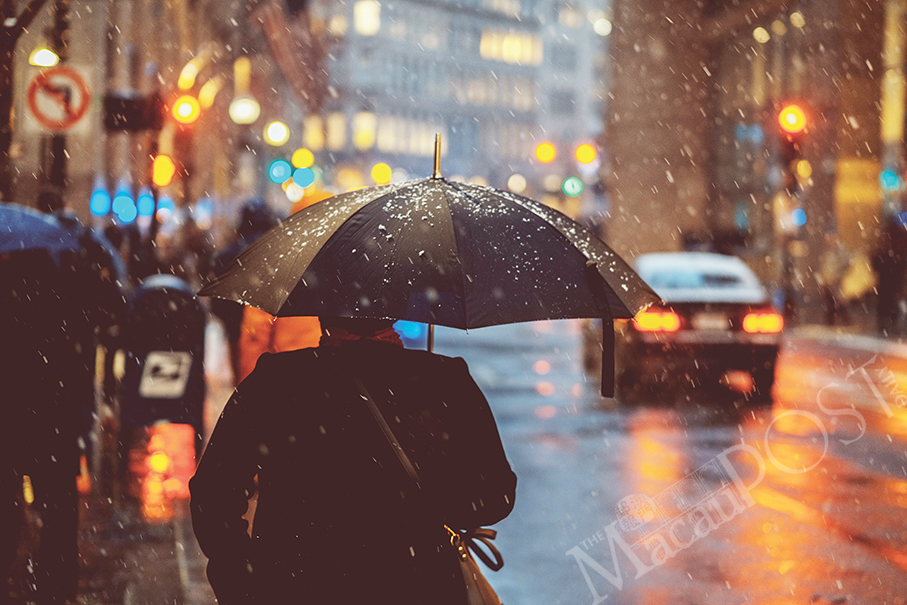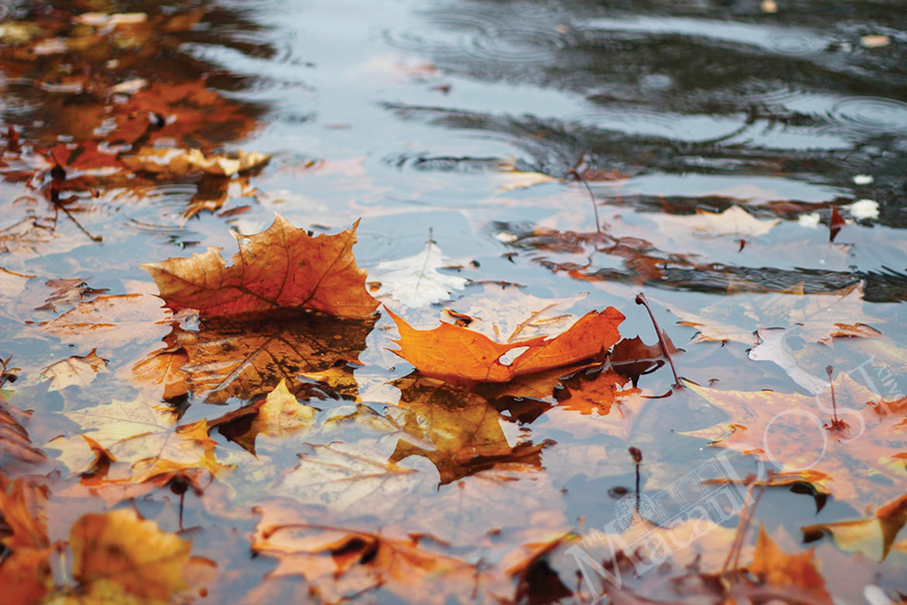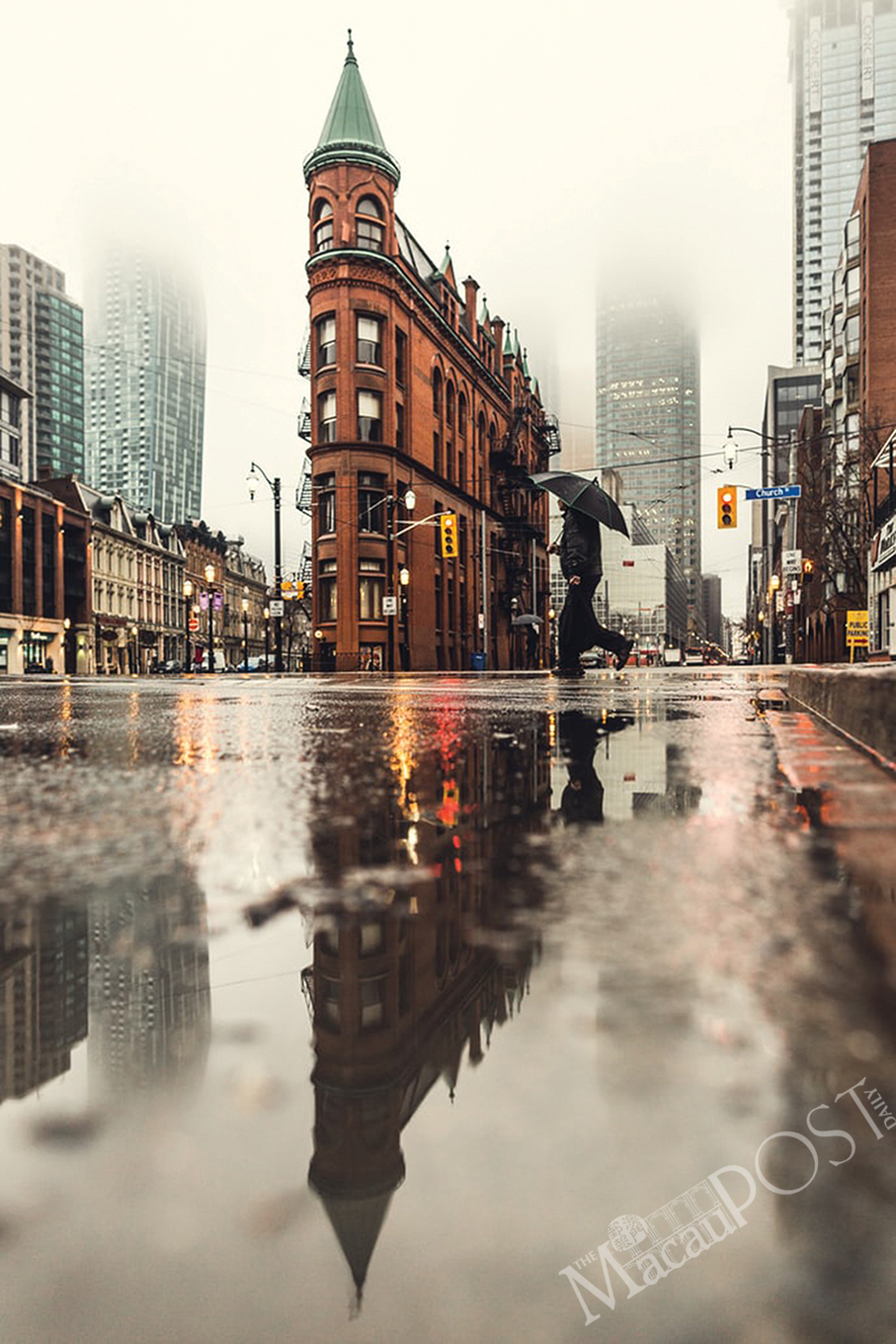
Feature by Prisca Tang
“Rain, rain, go away. Come again another day”, is a nursery rhyme that children sing when it is pouring during their play time. The misconception of rain being an unideal weather has been rooted deeply in people’s minds since they were young. However, I believe rain is innocent because it represents grace, it is humans’ most sensory interaction with nature and it is the gentlest whisper from heaven.
The Chinese idiom “雨露均霑” literally means rain and dew evenly descend on all things, but its actual meaning is that grace being shared by everyone equally. Another idiom “雨露之恩” shares a similar meaning – blessing from rain and dew. This idiom is usually used when showing gratitude for a person’s favours. In Cantonese there’s a saying that describes help or rain that comes as soon as it is needed –“及時雨” . Despite all the stereotypical images of rain being unwelcome, in Chinese culture, rain is considered a blessing. It is often seen as a visual representation of grace.

Most types of the weather are intangible and are abstract concepts that only meteorologists or geophysicists can understand. However, rain is very down to earth, simple and comprehensible. It is one of the few weather conditions that one can touch, hear, smell, taste, and see. The dampness on your skin, the gentle drips and drops, the freshness in the air, the moistness on the tip of your tongue, and the transparent oval-shaped droplet on leaves, are all evidence of the existence of meteorology.
Even though it comes in a similar form, in many people’s eyes snow is much more preferable than rain. Snow’s reputation has been romanticised by Hallmark and Disney movies. Snow has an enticing facade, but what happens after the snow falls is often ignored. During my days in Montreal, the troublesome snow only brings back the worst memory of my university days. The slip and slide going downhill on a slippery slope. The accumulation of snow collapsed onto your boots causing a disturbing wetness and coldness to your toes. The annoyance of a snowstorm that stops you from moving forward. The idyllic image of snow stops as soon as it touches the ground because its crystal shape, opacity, and charming illusion all shatter just like as glass breaks on a solid surface.

Rain, on the contrary, comes as it is. It waters plants in the spring, calms the heat in the summer, moisturises the drought in the autumn, and feeds the crops in the winter. Rain is generous, it is not only limited to a certain region or climate. It does not hold pride and prestige like the exclusivity of snow, as the rain spreads evenly across the globe. Even the smell of rain has a powerful name, petrichor, rooted from two Greek words – “petra” which means rock and “ichor” which is an ethereal fluid streaming in the gods’ veins. Rain, in my opinion, is mighty, subtle, underrated and misunderstood.
The reason why I love rain the most is because it comes from heaven. It is the most sensory proof of our existence. In the rain, I can hear your gentle whisper from above, I can feel your touch as if you have never left me, I can see your tears in the flow of water, I can smell the grassy scent that you loved so much, and I can taste the world you used to live in. The rain makes me believe that you did not leave but transformed as a part of the invincibility of nature.









